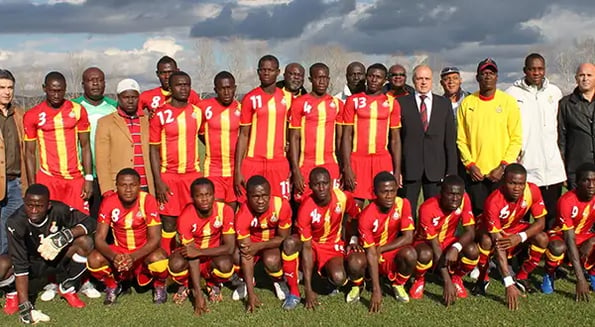Soccer is a big deal in Cameroon: The men’s national team is the defending continental champion in this month’s African Cup of Nations (AFCON) tournament.

But soccer isn’t just a game in Cameroon; it’s serious work. So serious, in fact, that Cameroonian players went on strike in the middle of this year’s AFCON tournament to demand bigger bonuses.
The game-behind-the-game in African soccer
Last week, players on the Cameroonian national soccer team refused to board their flight to Egypt after they received bonuses of $34k, half of what they initially demanded.
After Cameroon’s ministry of sport agreed to give the players additional bonuses of $8.7k, they agreed to fly to Egypt.
It’s a successful way to leverage limelight
The crafty Cameroonian soccer stars weren’t the only ones thinking about striking in this AFCON tourney: Members of Zimbabwe’s team threatened to boycott their first game because they hadn’t been paid.
Game-time disputes have become increasingly common for a simple reason: They’re effective.
Usually, governments are slow to pay players. But when players threaten to make their countries look stupid during international tournaments, they pay faster: In the 2014 World Cup in Brazil, Ghana’s government flew out an emergency $3m in cash to pay player bonuses.

